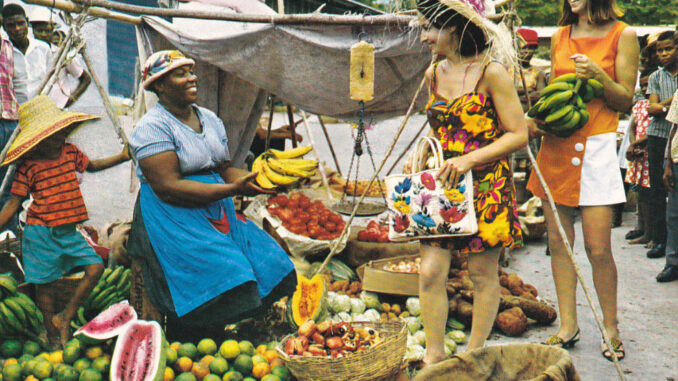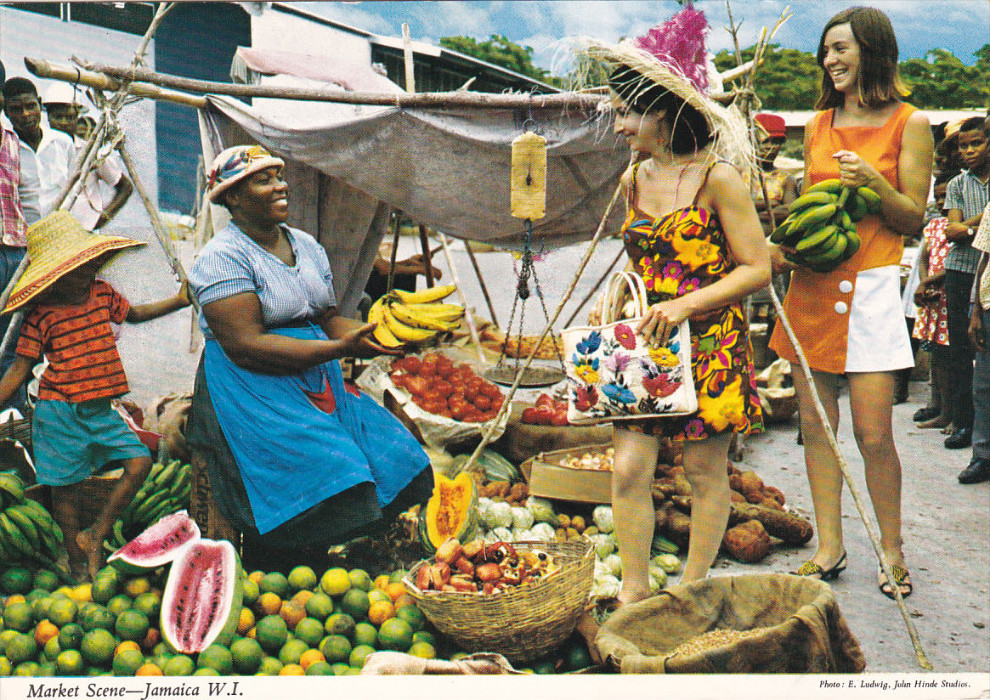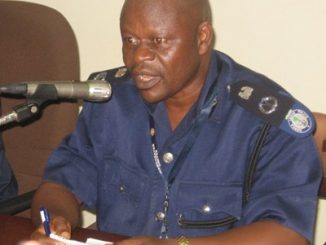
Higher food prices are hurting the poor greatly. For example, The Calabash visited the market at Masiaka, 47 miles from Freetown to check what the prices of some basic essential foodstuffs that those living on less than Le20, 000 a day depend on.
A pint of oil was been sold at Le6, 000 although palm oil was sold at Le2, 5000.
Fish was sold at anything between Le5, 000 for 4 small ones and as much as Le10, 000 for a quantity that would suffice for a meal for a small family. Quality rice was sold at Le2, 000 per cup; whilst a cup of pepper was sold at Le4, 000.

If we add charcoal, magi, onions and all the other condiments needed to put together a nutritious square meal for a family of five, the least one would hope to spend in Masiaka would be Le30, 000 – Le10, 000 more that those living on less than Le20, 000 a day (that is the minimum wage) earn.
No one knows with certainty how to get the world out of its present economic muddle, centering on high unemployment, economic stagnation, and mounting debts for many of the world’s poorer lands.
Now let us think of how many Sierra Leoneans are gainfully employed. The unemployment rate in Sierra Leone is estimated at about 60 percent of the adult working population. This means that there is a sizeable chunk of the population that still continues to live hand to mouth.
So, in solving the bread and butter problems of having enough food on the table, being able to seek medical care when sick, affording to send your children to school, living in a decent accommodation has everything to do with being gainfully employed, how do you solve it?
We can only do so by putting more people to work. How do you do that? Only by expanding the economy to create hundreds of thousands of new jobs annually in the areas of let us say agriculture, construction, industry and international trade.
The main problem that we have is that we import nearly everything that we consume – even those for which we have great comparative advantages in producing them here. This naturally exacerbates the foreign exchange crisis leading to inflation and ever rising prices of commodities.
In Western Europe the role of foreign trade is central. Twenty-five percent of the gross national product (GNP) of Common Market nations derives from foreign trade, ranging from 18 percent in France to 52 percent in Ireland.
Even the United States is dependent on the flow of goods and services between Americans and peoples overseas.
‘In fact, ‘the deepening deficit in our trade has been by far the biggest factor pushing our economy into recession.
‘Weakness in international trade greatly hampers any economic buildup that we aim for as a country.
Borrowing to pay for imports, borrowing to buy oil, spare parts, foods, etc, has caused the country to if not fall deeper into debt continue to pay high interest to countries that we borrow from to cover out recurrent budget deficits.
Back in the 1960s after independence, the Bank of Sierra Leone records show that when Sierra Leone was a principal international trading nation (coffee, cocoa, piassava oil palm, palm kernels, gold, iron ore, bauxite…), the currency was strong and our foreign healthy, making essential goods cheap and affordable inflation very negligible.
Because of the further deterioration of the trade balance over the coming year, we will need a substantial rise in the domestic components of the economy just to break even or get very modest growth.
Given the country’s overdependence on debt, it calls for everyone (public and the private sectors) to cooperate to expand the economy and trade, with ample evidence available to prove that more jobs are created through exports than are lost from imports.
That in turn will require President Bio and lawmakers to make painful choices – including real slashes in Government’s unnecessary expenditures including creation of many duplicating offices and functions that cost the country huge amounts in salaries and privileges.
If these things are not done quickly, consistently and robustly, the ground will continue to remain dry – very dry for the poor long suffering masses.



